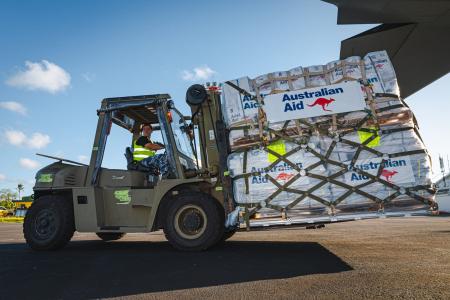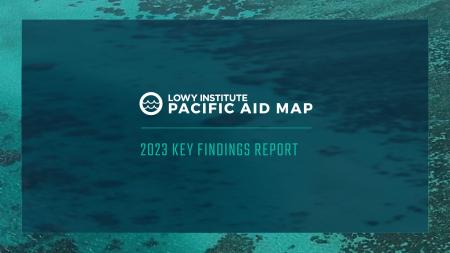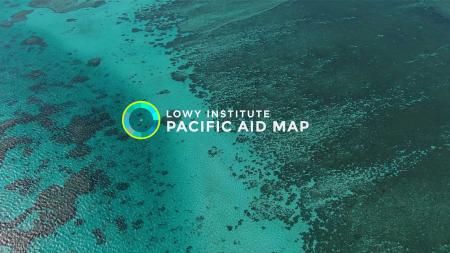Gilliane De Gorostiza

Gilliane De Gorostiza was a Research Assistant at the Lowy Institute working on the Pacific Aid Map. Her research interests include foreign policy in Asia and the Pacific, nowcasting, and identifying sources of persistent changes in macroeconomic and financial conditions.
Prior to joining the Institute in 2023, Gilliane worked as an Economic Researcher at the Asian Development Bank, where she contributed to ADB's flagship publication, the Asian Development Outlook (ADO), and a range of Knowledge and Support Technical Assistance (KSTA) projects. She also gained valuable experience working in various Philippine government agencies, including the National Economic Development Authority (NEDA), the House of Representatives — Ways and Means Committee, and the Department of Science and Technology (DOST).
Gilliane holds an MSc in Industrial Economics from the University of Asia and the Pacific in the Philippines and is currently completing her PhD in Economics at the University of Sydney.





